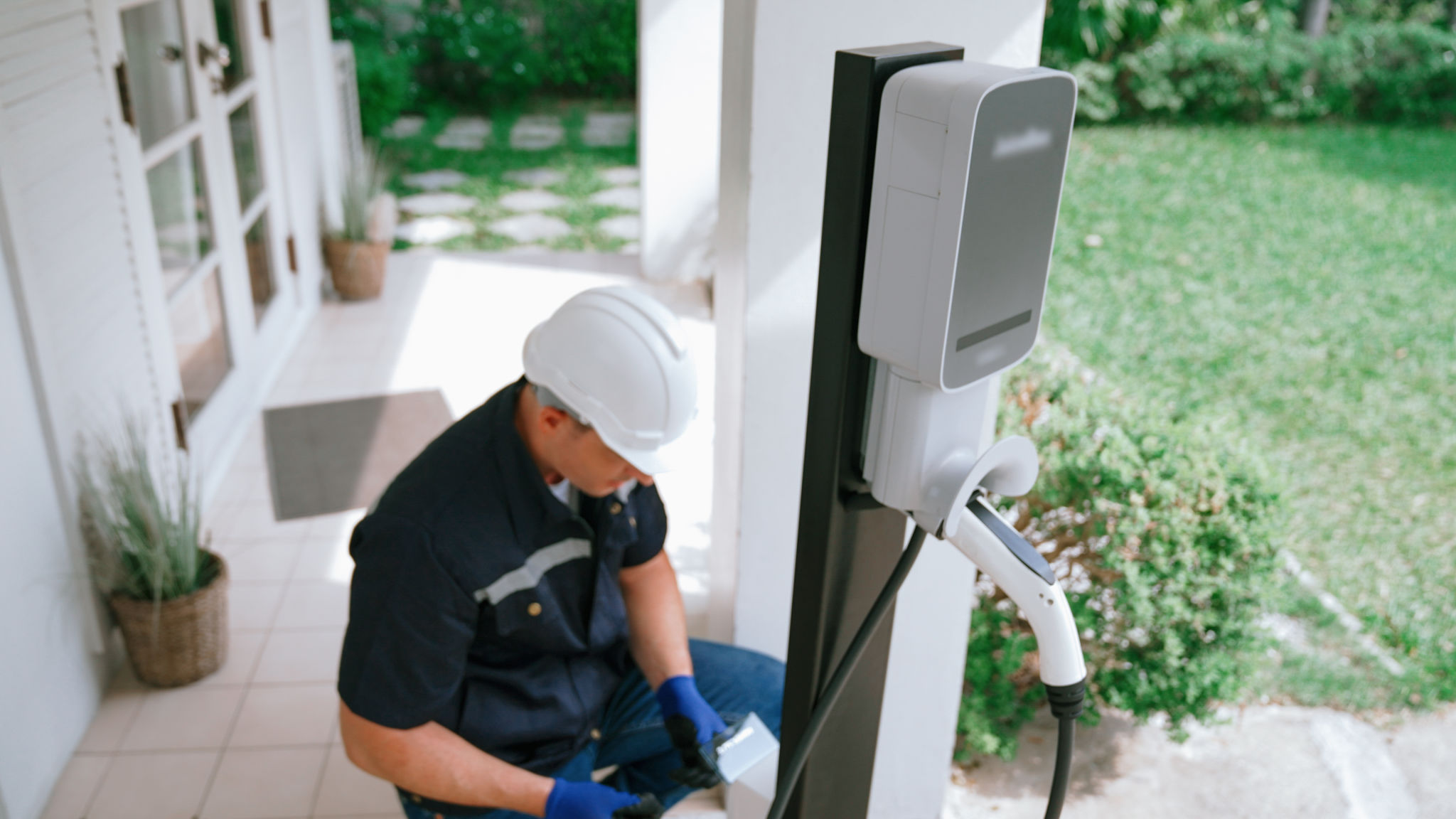FAQs About Electrical Testing: Your Questions Answered
fp
Understanding Electrical Testing
Electrical testing is a crucial aspect of maintaining the safety and efficiency of electrical systems. Whether in residential, commercial, or industrial settings, regular testing ensures that all components function correctly and meet safety standards. But what exactly does electrical testing entail, and why is it so important? In this blog post, we aim to answer some of the most frequently asked questions about electrical testing.

What is Electrical Testing?
Electrical testing involves a series of procedures designed to assess the performance and safety of electrical circuits and devices. These tests can range from simple visual inspections to more complex analyses using specialized equipment. The primary goal is to identify any faults or potential hazards that could lead to malfunctions, fires, or electrical shocks.
Why is Electrical Testing Necessary?
The importance of electrical testing cannot be overstated. It ensures the integrity of electrical systems, which in turn helps prevent accidents and equipment failures. Regular testing can identify issues before they become serious problems, saving time and money in the long run. Additionally, it helps in complying with regulatory standards and insurance requirements.
Who Should Perform Electrical Testing?
Electrical testing should always be performed by qualified professionals. These individuals are trained to handle the complexities of various electrical systems and are well-versed in safety protocols. Attempting to perform electrical testing without the proper expertise can lead to inaccurate results or even accidents.

Types of Electrical Tests
What Are the Common Types of Electrical Tests?
There are several types of electrical tests, each serving a specific purpose. Some of the most common include:
- Insulation Resistance Testing: Measures the resistance of electrical insulation to avoid current leakage.
- Continuity Testing: Ensures there are no breaks in the circuit.
- Earth Ground Testing: Verifies that the grounding system is functioning properly.
- Load Testing: Assesses how systems perform under different load conditions.
How Often Should Electrical Testing Be Conducted?
The frequency of electrical testing depends on several factors, including the age of the system, its usage, and regulatory requirements. Generally, commercial and industrial systems should be tested more frequently due to their complexity and higher risk factors. Residential systems may require less frequent testing but should not be neglected.

Preparing for Electrical Testing
How Can You Prepare for an Electrical Test?
Preparing for an electrical test involves a few simple steps. First, ensure that all areas are accessible for inspection. Remove any obstacles that might hinder the testing process. Next, inform all relevant personnel about the upcoming test to minimize disruptions. Finally, gather any documentation related to previous tests or maintenance work for reference.
What Happens After the Test?
After the test, the technician will provide a detailed report outlining any findings and recommended actions. If issues are identified, it's important to address them promptly to maintain system integrity. Regular follow-up and maintenance based on test results can extend the lifespan of electrical systems and enhance overall safety.
If you have more questions about your specific needs for electrical testing, consider reaching out to a professional electrical testing service for personalized advice.